Comitiva de Promoción del Sector Salud en Las Vegas, NV USA
El Baja Health Cluster formo parte de la Comitiva de Promoción del Sector Salud que visito Las Vegas, acompañando al...
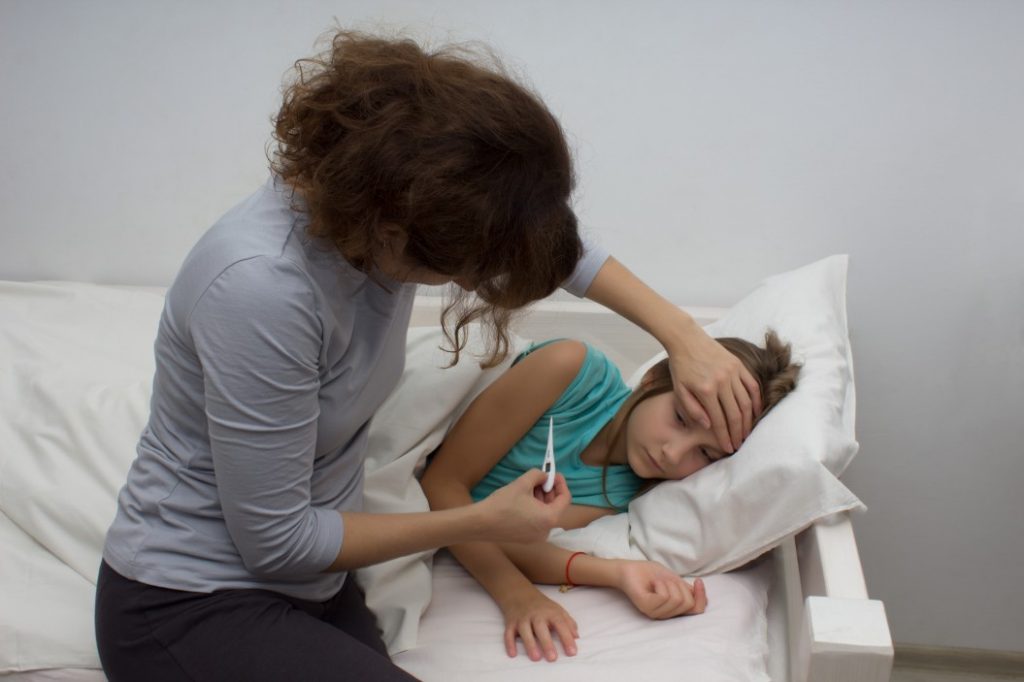
We’ve all learned the basics of how to protect ourselves and our loved ones from becoming infected by the virus that causes COVID-19. Effective social distancing is at the heart of prevention, along with vigilant hand hygiene, disinfecting “high-touch surfaces,” and staying away from sick people.
Even with all of our preparation, there is a chance that someone that we live with will become infected with the virus. By some estimates, somewhere around 60% of people will get COVID-19 (most people will have mild to moderate symptoms that will not require hospitalization). So, it’s a good idea to come up with a plan for an “isolation zone” in case a family member or someone you live with is diagnosed with or suspected of having COVID-19 and needs to be taken care of at home.
Since we know that the virus is transmitted through droplets when someone coughs or sneezes and contact with contaminated surfaces, there are steps we can take to stay safe. Here are some things to consider when creating an “isolation zone” in your home:
Make sure to monitor your loved one’s symptoms and call the healthcare team immediately if their symptoms worsen.
Taking care of someone that is sick is a big responsibility. At the same time, caring for yourself is incredibly important. Make healthy lifestyle choices and pay attention to your body. If you or others in the home start to develop symptoms, make sure to get in touch with your healthcare team right away.
Written by: Neha Pathak, MD, board certified internist.
Source: https://blogs.webmd.com/webmd-doctors/20200326/if-someone-in-your-home-has-covid-19-how-to-keep-others-safe
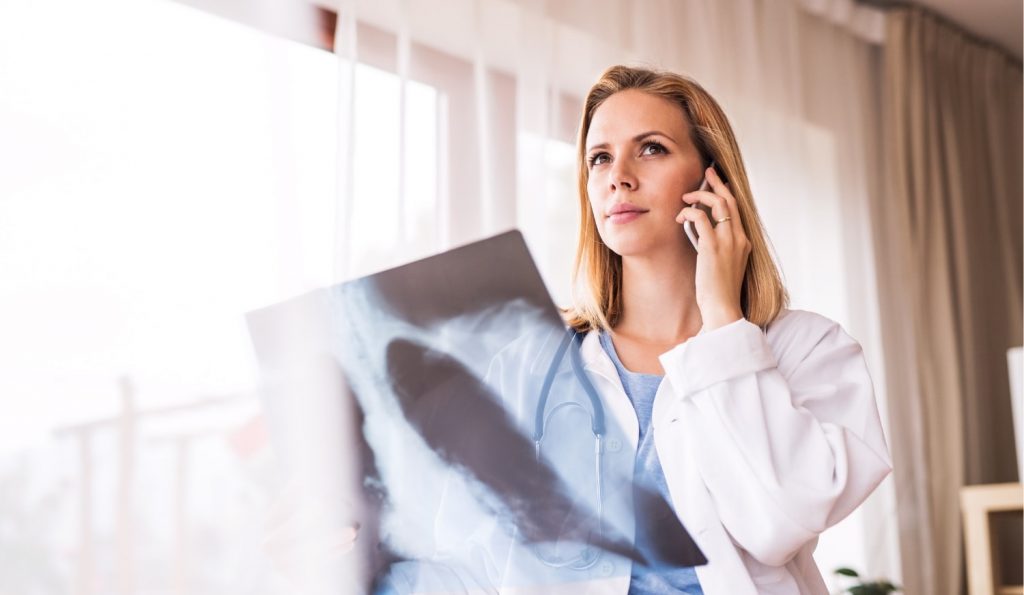
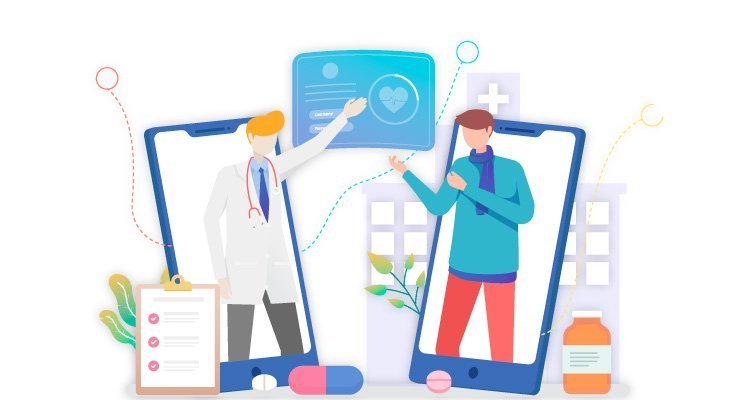
El Baja Health Cluster formo parte de la Comitiva de Promoción del Sector Salud que visito Las Vegas, acompañando al...
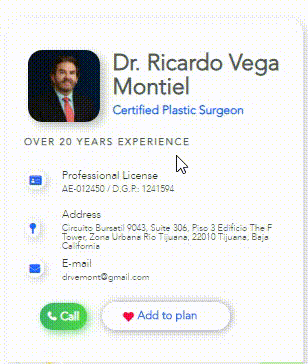
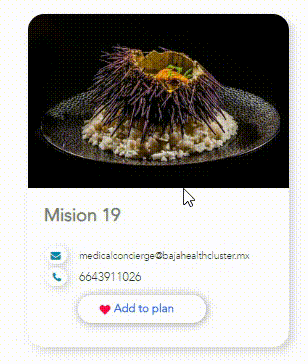
Add the items of your interest in your planner, you can delete or add items anytime. The heart at the right corner shows the amount of items in your planner.

Submit your name, email and additional information you need about the providers. Our Concierge will send you all the information you need.
Address: Mision de Santo Tomas 2812, Zona Urbana Rio (4,69 km)
Tijuana
Available from 9:00 am – 19:00 pm